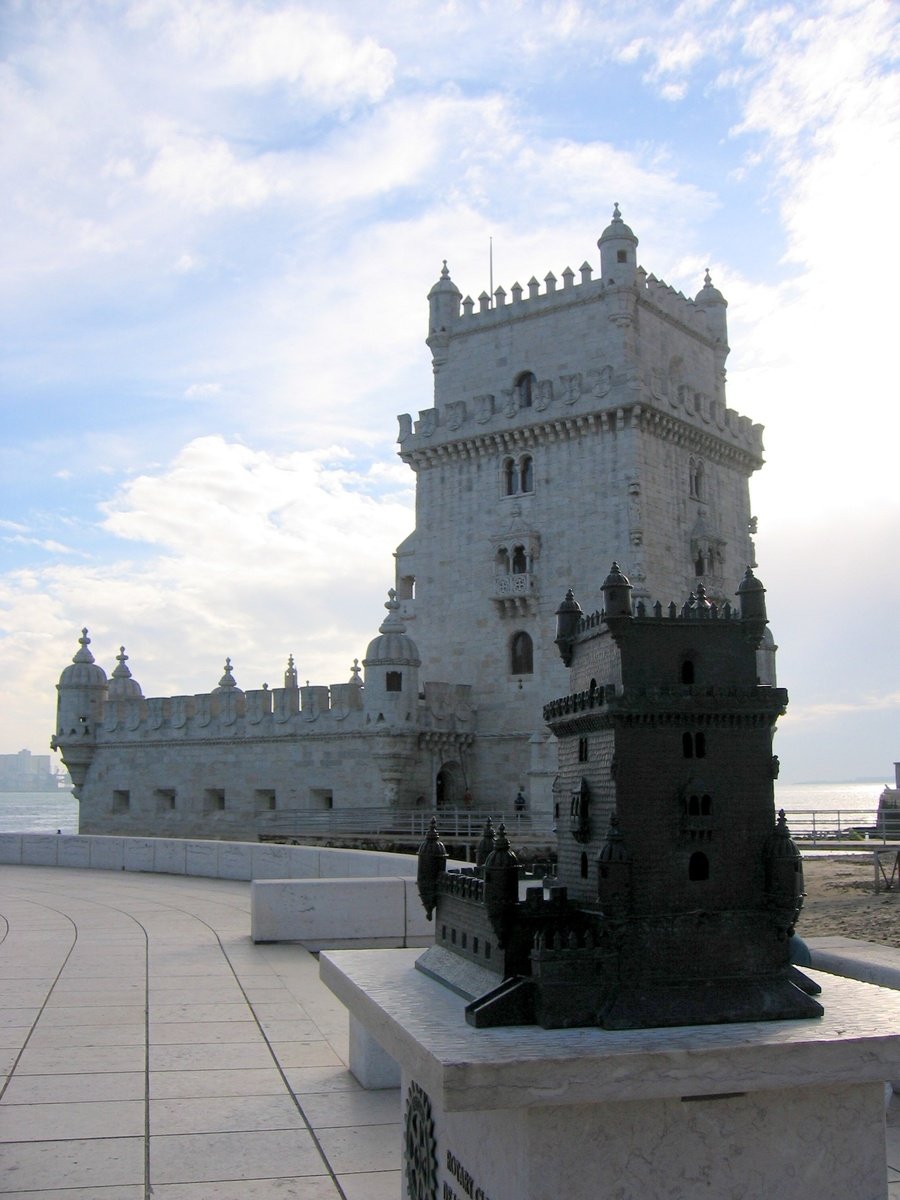Guarding the super-rich by pushing new laws that favour their interests

Summary: By actively helping affluent individuals and multinational firms raid the world with patents and helping these individuals and multinational firms get tax exemptions/reliefs the law firms that are shameless about UPC promotion reveal themselves for what they truly are; they're parasites that take from the poor to give to the rich
THE media has been quiet about the
EPO lately (more so than about the
USPTO), which left a certain vacuum for law firms that push their marketing as 'news'. Over the past week this has mostly meant shameless self-promotion in relation to the UPC.
Not everybody played along. "Only 6 months until Brexit on 29 Mar 2019,"
one of them wrote. "And the European Unified Patent Court? No German ratification of UPC agreement, no decision of constitutional court yet, no oral hearing scheduled. Time to say goodbye?"
Yes, but Team UPC won't give up and admit that just yet. Boult Wade Tennant LLP's Neil Thomson, in addition to Gordon Harris and Kate Swaine (Gowling WLG) and Osborne Clarke's Arty Rajendra, Robert Guthrie, Clare Robinson and Mark Foreman are the latest to write about 'unitary' patents and the UK. Well, their UPC dream is dead. Deep inside they know it, but they keep throwing their 'analyses' at Mondaq and Lexology [
1,
2,
3]. So did Stephen Bennett and Sahira Khwaja (Hogan Lovells) in JD Supra, as did Anita Polott and Robert Smyth (Morgan Lewis) [
1,
2]. For those who aren't familiar with Mondaq, Lexology and JD Supra, those are basically platforms of lawyers, not journalism. That may seem like honest advice, but it's just a farm in which to advertise (oneself).
UPC has all along been full of mischief and cheating. Lies, manipulation and dirty tricks behind closed doors. This isn't going to help the reputation of the profession.
Patrick Wingrove, writing from London about the so-called 'UK Patent Box', is basically framing as beneficial a tax evasion mechanism; it's about using patents and dirty tricks by which to 'hide' some 'assets' and it's mostly exploited by large corporations with help of law firms. As
Wingrove put it: "Newly-released statistics from the UK’s HMRC indicate a 25% year-on-year increase in Patent Box claims. Large companies are getting better at using the system, but overheads may still be keeping smaller firms from using it..."
So HMRC and some patent law firms facilitate more tax evasion by the rich, making them even richer. The same goes for the UPC in the sense that UPC is designed to help large companies crush SMEs using patents. They ought to call it what it
really is, but those sites are megaphones of the litigation 'industry'. Here's how
another site covered it days ago:
Over 1000 companies claimed almost €£1 billion in relief using the UK’s Patent Box initiative.
According to statistics released by from HM Revenue & Customs (HMRC) data, 1,025 companies claimed €£942.5 million in relief using the Patent Box in 2016-17.
HMRC revealed in its annual statistics release that the number of companies claiming relief increased from 2013-14 to 2015-16, although the number of companies claiming relief in 2016-17 decreased compared to previous years.
Over a quarter of claiming companies were classified as ‘large’ and accounted for 96.3 percent of relief in 2016-17, up 0.8 percent on the previous year.
That's just 'legalised' tax evasion by the rich, actively and gleefully facilitated by patent lawyers. Are they proud of themselves? Making the poor pay even more tax to make up for these blatant omissions?
Meanwhile, over in the US, there's
this update about a super-rich individual opposing taxes on one's patent extortion and the role of
SCOTUS in it:
I posted an article earlier on Gil Hyatt’s ongoing disputes with the USPTO. He also has ongoing disputes with the California Tax Board that reach back to his early licensing revenue from his 1990 microprocessor patent. The case is back before the Supreme Court for the third time. See Franchise Tax Board v. Hyatt (Hyatt I), 538 U.S. 488 (2003); Franchise Tax Board v. Hyatt (Hyatt II), 136 S.Ct. 1277 (2016).
The basic issue is that a Nevada jury found that California had used improper aggression in pursuing Hyatt for taxes that were not really owed.
So we get it. Rich people don't want to pay tax. They want to tax the whole of society using patents while contributing just about nothing in terms of taxes. This is the sort of nefarious agenda actively promoted by patent law firms (perhaps with few exceptions). And later they tell us all sorts of fairy tales about their aim of protecting innovation and so on...
⬆

